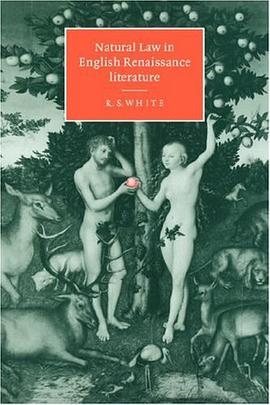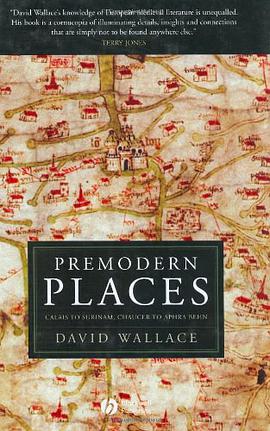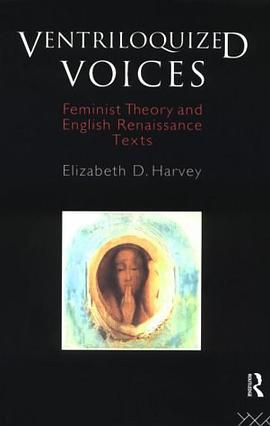

具體描述
Natural law, whether grounded in human reason or divine edict, encourages men to follow virtue and shun vice. The concept dominated Renaissance thought, where its literary equivalent, poetic justice, underpinned much of the period's creative writing. R. S. White's study examines a wide range of Renaissance texts, by More, Spenser, Sidney, Shakespeare and Milton, in the light of these developing ideas of Natural Law. It shows how writers as radically different as Aquinas and Hobbes formulated versions of Natural Law which served to maintain socially established hierarchies. For Aquinas, Natural Law always resided in the individual's conscience, whereas Hobbes thought individuals had limited access to virtue and therefore needed to be coerced into doing good by the state. White shows how the very flexibility and antiquity of Natural Law enabled its appropriation and application by thinkers of all political persuasions in a debate that raged throughout the Renaissance and which continues in our own time.
著者簡介
圖書目錄
讀後感
評分
評分
評分
評分
用戶評價
相關圖書
本站所有內容均為互聯網搜索引擎提供的公開搜索信息,本站不存儲任何數據與內容,任何內容與數據均與本站無關,如有需要請聯繫相關搜索引擎包括但不限於百度,google,bing,sogou 等
© 2025 book.quotespace.org All Rights Reserved. 小美書屋 版权所有




















